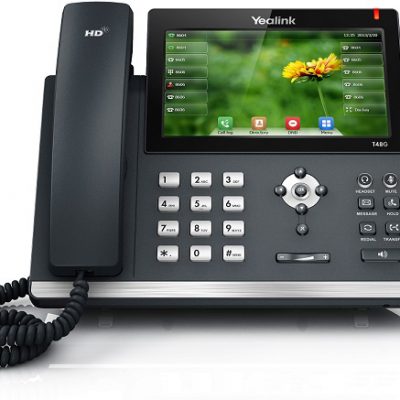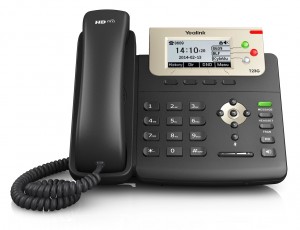In the ever-changing landscape of communication, Voice over Internet Protocol (VoIP) is a revolutionary technology that has transformed the way we connect. VoIP leverages the power of the internet to transmit voice data, providing a more cost-effective and flexible alternative to traditional phone systems
Another advantage of VoIP is its flexibility. VoIP systems can be easily scaled up or down to meet the needs of a business, and they can be used with a variety of devices, including computers, smartphones, and tablets. This makes VoIP a very versatile solution for businesses of all sizes.
The rise of remote work has also made VoIP an increasingly important tool for businesses. VoIP allows employees to make and receive calls from anywhere with an internet connection, giving them the flexibility to work from home or from anywhere in the world. This can improve employee productivity and collaboration.
Unveiling the Cost Savings Potential of VoIP
In the realm of business communication, cost-effectiveness is paramount. Traditional phone systems often come with hefty price tags, burdened by long-distance and international call charges, rental fees for phone lines, and substantial equipment and maintenance costs. VoIP technology emerges as a beacon of hope, offering a plethora of cost-saving opportunities that can revolutionize a company’s financial landscape.
VoIP also eliminates the need for traditional phone line rental fees, a fixed cost that can strain a company’s budget. With VoIP, businesses can make and receive calls over the Internet, eliminating the recurring expense of phone line rental. This cost-saving measure can be particularly impactful for businesses with multiple locations or remote employees.
VoIP integration and compatibility across devices
VoIP seamlessly integrates with a wide range of devices, empowering users to make and receive calls from virtually any location. Smartphones, computers, and IP phones are just a few examples of devices that can be effortlessly connected to VoIP systems. This versatility allows users to choose the device that best suits their needs and preferences, enhancing their overall communication experience.
One of the key factors that enables seamless VoIP integration is the adoption of standard protocols like SIP (Session Initiation Protocol). SIP acts as the cornerstone for interoperability between different VoIP systems and devices. It establishes a universal language that allows various components of the VoIP network to communicate seamlessly. With SIP, users can make and receive calls, exchange multimedia content, and enjoy advanced features regardless of the specific devices or platforms they are using.
Security and Reliability Considerations
Security and reliability are key considerations when implementing a VoIP system. It is important to ensure that the system is protected from potential security threats, such as hacking and malware, and that regular backups are performed to prevent data loss. Additionally, it is important to have a plan in place to address any potential downtime or service interruptions.
Overall, implementing a VoIP system requires careful planning and consideration of a variety of factors. By ensuring that the necessary equipment and infrastructure are in place, selecting the right service provider, and prioritizing security and reliability, organizations can successfully leverage the benefits of VoIP technology.
The Impact on Business and Communication
VoIP technology has already had a significant impact on business and communication, and this trend is set to continue. With VoIP, businesses can save money on communication costs and increase efficiency by streamlining communication processes. Additionally, VoIP enables remote work and telecommuting, which can lead to increased productivity and work-life balance for employees.






